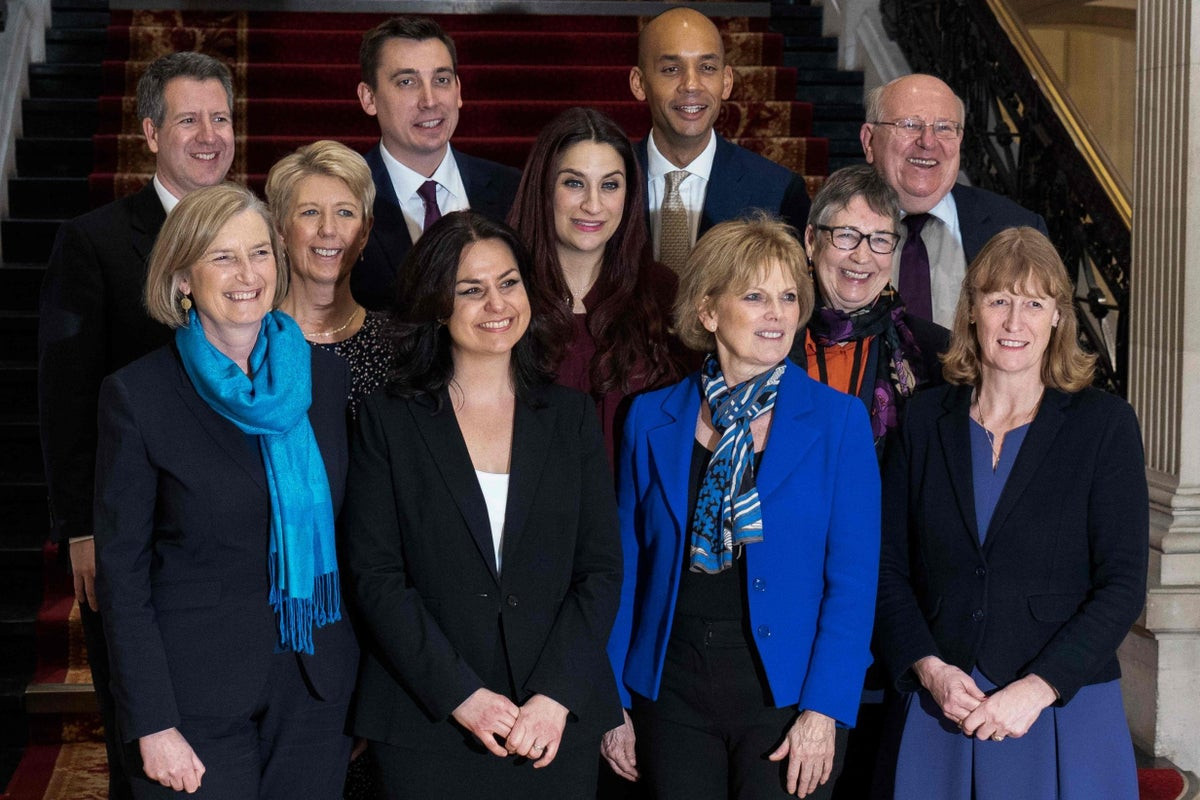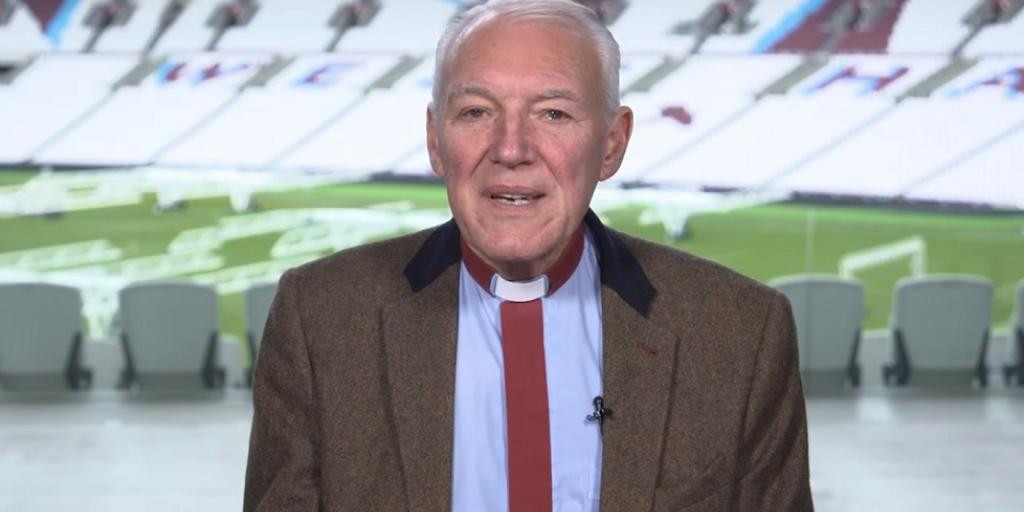On a Wednesday afternoon, despite the persistent rain, Blackburn’s town centre is a hive of activity. College students amble around the shops as streets away worshippers march uphill to the mosque for afternoon prayer. The scene is not one of political upheaval and yet, a little over three months ago, that is exactly what took place in this industrial Lancashire town. Formerly a Labour stronghold, steeped in the working traditions of its textile making past, Blackburn is no longer represented by the red rose party.
In July, its voters rejected Labour in favour of the independent candidate, Adnan Hussain, a 34-year-old solicitor who narrowly won the seat by 132 votes. It is the first time since the creation of the single member constituency in 1955 that Blackburn has not voted Labour. The historic upset is one that was repeated in three other constituencies, in Birmingham Perry Barr barrister Ayoub Khan beat England’s first Muslim MP, Labour’s Khalid Mahmood, in Leicester South, Shockat Adam unseated the shadow cabinet minister Jonathan Ashworth, and in Dewsbury and Batley Iqbal Mohamed, an engineer and IT consultant, defeated Labour’s rising star Heather Iqbal by almost 7,000 votes.
The set of results – which all came in constituencies with high Muslim populations – was undoubtedly born of a deep dissatisfaction over Labour’s stance on the war in Gaza. But election night also showed how a major British political party could be vulnerable to independents, something previously unthinkable in the UK electoral system where power gravitates toward the established political authorities. For Labour, the shock waves were dampened by its resounding overall win, but for the constituents of Blackburn, Birmingham, Leicester and Dewsbury and Batley, uncharted waters lay ahead: parliamentary representation by an MP with no party machine behind them.
The Rise of the Independent
Despite their voice in Westminster now being a political outsider, voters in Blackburn are already warming to Hussain. Ashfaq Hussain, a business owner in Blackburn, and long-time Labour supporter, said: “Everybody wants change (here), that’s why the people voted for him.” He was one of many residents who felt it important for Hussain to be outspoken on matters both international and those closer to home, from Gaza to Blackburn’s broken roads, homelessness and youth opportunities. But for now, his expectations were tempered. “We are not expecting too many things from him, because he is an independent MP, but we’ll see,” he said. “He’s a new person in politics so it’s going to take time, but I’m hoping for the best in the future.”
Others, such as Adam Dejji, also expressed uncertainty over “how much standing” the Blackburn MP could have, especially on the war on Gaza. But the 26-year-old salesman said he felt confident that the younger, passionate candidate was invested in their future. “He seems to have quite a passion for the community, he’s looking to address a lot of issues that people had with ex-MPs,” said Dejji, who previously voted Labour. “I’ve heard people say, ‘Why are our councillors getting involved in things that are going on abroad?’, but without mentioning that UK has historically always put their fingers in every single thing that’s gone on abroad,” he added.
Adnan Hussain said he had been true to his election pledges over the past 100 days in office on both foreign policy and domestic – issues such as the winter fuel allowance cuts and two-child benefit cap. Representing “one of the most economically deprived” towns in the UK, and one that is “deeply segregated along racial lines”, he added that one of the most challenging moments was to ensure the unrest from the summer riots did not reach Blackburn.
Independent Successes and Challenges
Over the border in West Yorkshire, many constituents in Batley town centre on Thursday said they had not yet seen their new MP, Iqbal Mohamed. His win was marred by accusations of intimidation and abuse by members of his camp towards his rivals. Posts on social media, seen by the Guardian, described Labour voters as “traitors and hypocrites” and called for them to be ostracised by the community. Though Mohamed denies knowing about these tactics, it was a rough start to his parliamentary career. “He hasn’t done owt. You expect him to come out and meet people, but he hasn’t,” said Chris Griffin, who was out for a walk with his partner. He was one of many residents who felt Mohamed should be prioritising the dire need of investment in the town. “They need to pull their fingers out and start spending. They need to do it fast,” he said. So would he prefer a Labour MP? “No, Starmer’s useless. He’s a W-A-N-K-E-R,” he spelled out, adding: “I hope you put that in big letters.”
Others were more patient. Harun Saiyed, a customer assistant, said: “He’s only just got started. We need to give him a chance.”
Labour’s driving election promise was one of “change” and the irony will not have been lost on the incumbent, Khalid Mahmood, England’s first Muslim MP, that when he was unseated by the independent Ayoub Khan in Birmingham Perry Barr, change was the very reason voters cited. For resident Hasan Welele, 70, little has changed in his 35 years in the area. The streets are filthy he said, and as a pensioner, he was concerned with the loss of his heating allowance. Across the street, he pointed to tower blocks of empty homes, as an example of mismanagement. The homes, originally designed as an athletes’ village for the Commonwealth Games, have been sold by the council at a loss of more than £300m to the taxpayer. Now, having a new candidate with less sway seems preferable to someone from a major party who, he says, offered little. “I don’t know whether his voice will be heard, but… he is a good candidate,” said Welele. “It’s too early as well,” he added. “At least he had some guts to go against the party.”
The Impact of the Independent Vote
Outside Perry Barr station, many residents spoke of their dissatisfaction over how the city has been managed after the city council declared bankruptcy last year. A swathe of drastic budget cuts followed, including removing art grants, closing libraries and reducing bin collections to fortnightly. “The country’s in a mess, Birmingham’s in a mess,” said Elizabeth Sweeney, 82, who has lived in the area for 32 years. The Conservative voter abstained in the recent election over disgust “with the way this country is run”. Sweeney said she no longer enjoys living in the area, which, in her estimation, has gone down. Looking across to the empty flats, she called the mismanagement a “terrific waste of money” and described staffing issues within the NHS as “abysmal”. While she was hopeful, like many, for their new MP, Sweeney said at the moment she was disillusioned. “It doesn’t matter who is in, they’re making a mess of it,” she added. “I ask myself what’s happening, so-called really intelligent people supposed to be running this government and I’m afraid it’s a myth.”
The former Labour MP Mahmood previously told the Guardian his defeat was not down to the Gaza issue, which he said he had spoken out about. However, he did admit the issue has “emotionally tugged” voters. Voters in Leicester South were similarly moved, Shockat Adam, an optometrist, unseated Jonathan Ashworth by just under 1,000 votes. A member of Adam’s team said that since being elected, the MP has held 25 surgeries and helped as many as 1,000 constituents.
Last month, Adam was one of five independent MPs to form an official parliamentary alliance which has since introduced a bill, backed by 11 cross-party MPs calling for the recognition of a Palestinian state. Among them was the former Labour leader Jeremy Corbyn, who has represented the London borough of North Islington since 1983, and who now sits as an independent. The bill, which will make little progress in parliament, is designed to put pressure on a the government who, after the results of 4 July, will be all too aware of the discomfort the issue of Israel’s war in Gaza can cause them. For one resident who voted independent in Birmingham, that discomfort is exactly the point. “We want change this time”, said Imtiyaz Patel, 55. “We don’t want nobody to be comfortable more than ten years … everything has worsened.”
A New Era of Independent Representation
The emergence of independent MPs is a significant development in British politics. These candidates, unburdened by party affiliation, can focus on local concerns and address issues that resonate with their constituents. While challenges remain in terms of resources and influence, their ability to challenge the status quo and bring fresh perspectives to Westminster is undeniable. The results of the recent elections demonstrate that voters are increasingly willing to embrace change, and the rise of independent MPs signifies a potential shift in the political landscape of the UK. It remains to be seen whether this trend will continue and what long-term implications it will have for the traditional two-party system. However, one thing is clear: the days of predictable political outcomes in the UK are likely over.

















